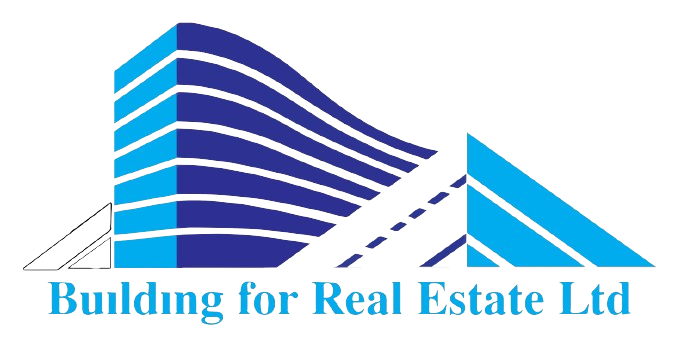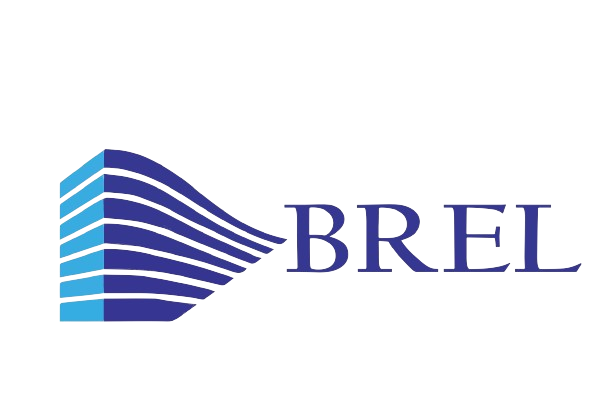Gaji Bhabon Case Study
Real Estate Investing vs Investing For Cash Flows
Different types of investors invest in real estate for various reasons. Two of the most common reasons are investing to generate a steady stream of income i.e. cash flows and investing to make a quick buck because of the price rise in the market. This article compares both these approaches and the risks and rewards inherent in them.

Investing For Capital Gains vs. Investing For Cash Flow
- Predictability: Investing for cash flow has the advantage of being a lot more predictable as compared to investing for capital gain. Buyers who invest for capital gain have very little realistic basis to predict the profits that they expect to make. A lot of these buyers believe that the macro-economic fundamentals of the economy will ensure that the prices continue to rise perpetually! This has not, is not and will not be true of any economy. Real estate industry, like any industry faces cycles of escalating and falling housing prices. Some other home buyers simply believe in the greater fool theory. They simply expect that they will find someone else who will be willing to buy the property from them at an even more inflated price hoping to repeat the same feat that they have accomplished! Therefore, investing for capital gains is largely a buy and hold strategy.Investing for cash flow on the other hand has the component of predictability. Investors who invest for capital gain have a reasonable idea of the events that are about to unfold. Therefore, they can predict, with a fair deal of certainty, the amount of profit expected on a periodic as well as a long term basis.

- Sustainability: Investing for cash flows is more sustainable as compared to investing for capital gains. This is because a cash flow based strategy is grounded in reality. There is cash coming in every month. The cash may be more or less than expected. However, in a well structured deal, there is enough cash to at least cover the operating expenses. This makes the property self sustaining as it can continue to function without any financial support from the investor. This gives the investors more flexibility to manage these properties even when the markets depict a bearish trend.Properties purchased with an intention of capital gain are markedly different from this. These properties bleed red ink from the very first day. The investors are expected to pump in more and more money during the duration of the property investment. There is a cash inflow only when the investment is terminated i.e. when the property is sold. Hence, if a favorable exit point does not come, investors may run out of cash required to sustain the profit and may have to sell the property at whatever price is being quoted in the market. Such distressed sales make investing for capital gains an unviable proposition.

- Tax Efficient: Investing for cash flows is far more tax efficient than investing for capital gains. The capital gain laws in most countries make it impossible to flip properties without incurring a serious loss in the form of taxation.Rental income which forms the core of any strategy based on cash flow has significant tax advantages. Investors are allowed to deduct a wide range of expenses from the rental income. Therefore, they can significantly lower their income and pay lowered taxes based on their lowered income. Also, since rental income accrues over many years, it gets spread out and hence is taxed at a lower rate.On other hand, capital gains appear in one shot as an income. This takes the income of the investor in a higher tax bracket and as such they are taxed at a higher rate. There are some deductions available when investors book capital gains from a given property. However, these deductions are nowhere as efficient in reducing income as compared to deductions available when the property is rented out.




